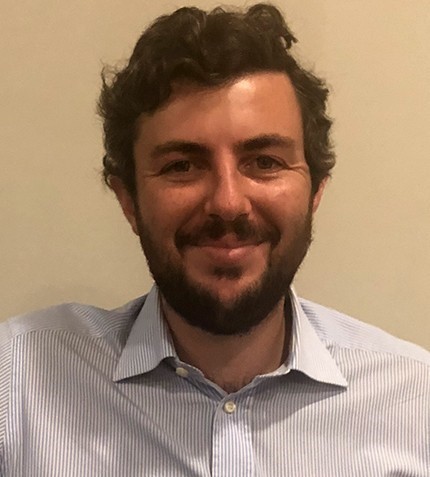
"While national elections in Ghana and Ivory Coast may slow growth in the first quarter of 2021, we do not foresee any regulation impacts in our business."
Share
Could you give us some recent examples of the projects De Simone has conducted in West Africa?
De Simone is a Ghanaian indigenous company that started operating in 1964 and has since expanded into various sectors such as power, mining and oil & gas. We currently operate in Ghana, Burkina Faso, Ivory Coast, Nigeria and other targeted projects in West Africa.
We are predominantly involved in the civil engineering construction industry, which includes structural concrete works, earthwork, buildings and mechanical erection directly related to the mining sector. We further provide services for contract mining with selected clients.
Ivory Coast has become an important focus area for De Simone and we are currently working at the Bonikro mine for Afrique Gold raising the TSF facilities, and contracting services at Endeavour’s Agbaou mine. In Ghana, we have recently completed the paste backfill project for Golden Star at their Wassa mine, involving our newest venture in CSMPP (Civil, Structural, Mechanical and Piping Works). We have also just been awarded the EPC for a wastewater treatment facility at AngloGold Ashanti’s Iduapriem mine.
How do you see the development of the mining industry in the region?
This year came with positive signals on the mining front, and we were strategically well placed to find ourselves in the developing mining sector of Ivory Coast, where we have seen positive progress throughout the year.
Within the De Simone Group, we have perceived a dynamic mining market progress over the last two to three years. We envision the mining market for 2021 will see acceptable cyclical growth throughout its quarters. While national elections in Ghana and Ivory Coast may slow growth in the first quarter of 2021, we do not foresee any regulation impacts in our business.
What can you comment on the state of competition in the services sector in the countries De Simone operates?
We are happy to report that we see extensive competitive tendering throughout the West African region. With this in mind, clients are receiving competitive bids enhancing their all-in sustainability costs towards new mining projects and mining infrastructure expansions.
What are De Simone’s strengths and how do you differentiate in the market to win tenders?
The De Simone Groups’ projects divisions are flexible in their customer-focused approach, allowing for smart partnerships and proficient contractor experience in all forms of contracting. De Simone can provide packaged solutions and products for multi-disciplinary projects. De Simone owns and operates quarries, batch plants and workshops throughout West Africa to support project operational requirements.
Could you give us some recent examples of the projects De Simone has conducted in West Africa?
De Simone is a Ghanaian indigenous company that started operating in 1964 and has since expanded into various sectors such as power, mining and oil & gas. We currently operate in Ghana, Burkina Faso, Ivory Coast, Nigeria and other targeted projects in West Africa.
We are predominantly involved in the civil engineering construction industry, which includes structural concrete works, earthwork, buildings and mechanical erection directly related to the mining sector. We further provide services for contract mining with selected clients.
Ivory Coast has become an important focus area for De Simone and we are currently working at the Bonikro mine for Afrique Gold raising the TSF facilities, and contracting services at Endeavour’s Agbaou mine. In Ghana, we have recently completed the paste backfill project for Golden Star at their Wassa mine, involving our newest venture in CSMPP (Civil, Structural, Mechanical and Piping Works). We have also just been awarded the EPC for a wastewater treatment facility at AngloGold Ashanti’s Iduapriem mine.
How do you see the development of the mining industry in the region?
This year came with positive signals on the mining front, and we were strategically well placed to find ourselves in the developing mining sector of Ivory Coast, where we have seen positive progress throughout the year.
Within the De Simone Group, we have perceived a dynamic mining market progress over the last two to three years. We envision the mining market for 2021 will see acceptable cyclical growth throughout its quarters. While national elections in Ghana and Ivory Coast may slow growth in the first quarter of 2021, we do not foresee any regulation impacts in our business.
What can you comment on the state of competition in the services sector in the countries De Simone operates?
We are happy to report that we see extensive competitive tendering throughout the West African region. With this in mind, clients are receiving competitive bids enhancing their all-in sustainability costs towards new mining projects and mining infrastructure expansions.
What are De Simone’s strengths and how do you differentiate in the market to win tenders?
The De Simone Groups’ projects divisions are flexible in their customer-focused approach, allowing for smart partnerships and proficient contractor experience in all forms of contracting. De Simone can provide packaged solutions and products for multi-disciplinary projects. De Simone owns and operates quarries, batch plants and workshops throughout West Africa to support project operational requirements.